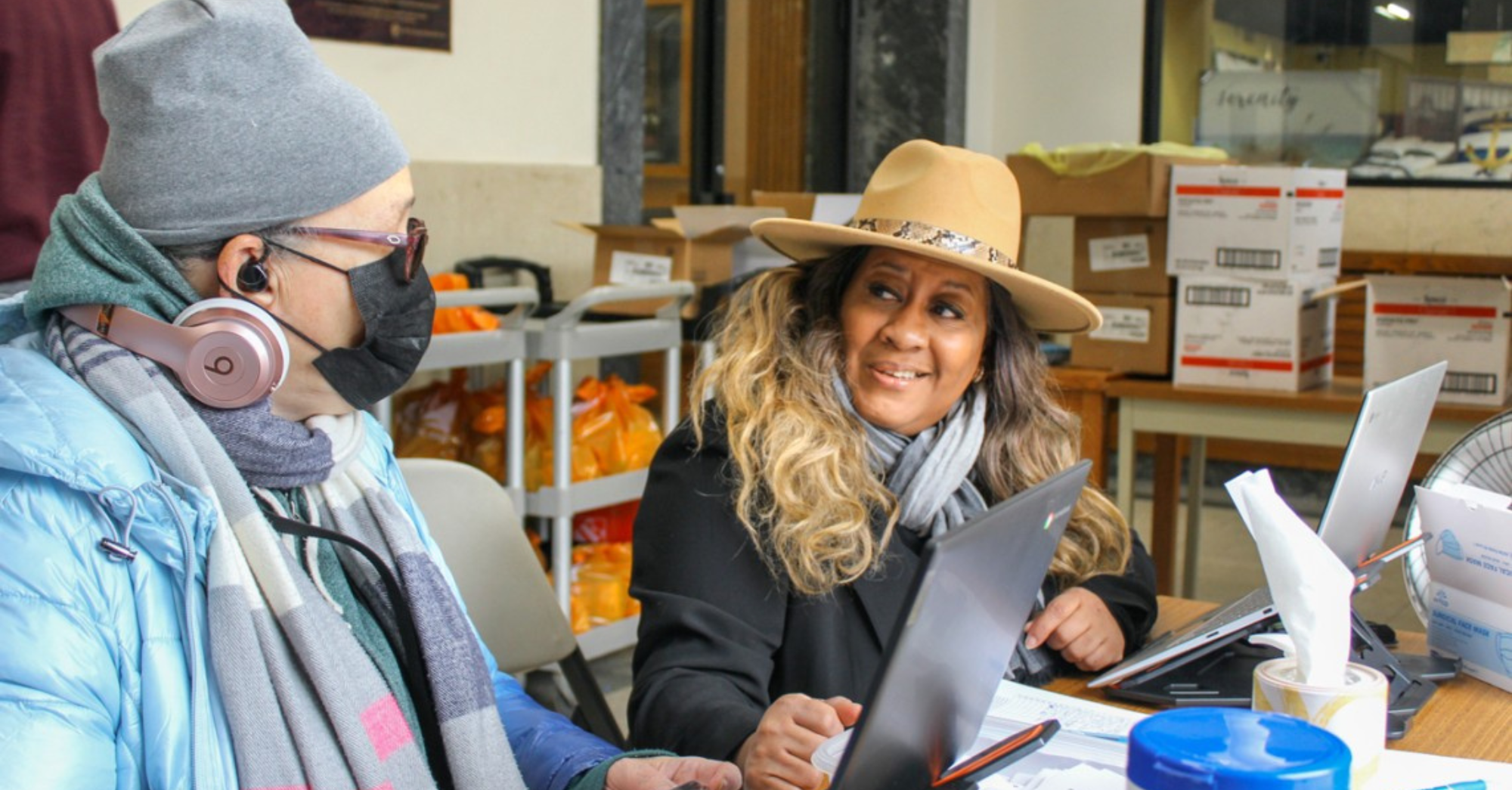What is Your Style of Decision-Making? Strategize for Influence.
 Imagine unlocking the secret to success in both business and day-to-day life. It’s all rooted in one critical talent: strategic decision-making – the essence of exceptional leadership, the engine driving meaningful change, and the spark igniting innovation.
Imagine unlocking the secret to success in both business and day-to-day life. It’s all rooted in one critical talent: strategic decision-making – the essence of exceptional leadership, the engine driving meaningful change, and the spark igniting innovation.
Cheryl Strauss Einhorn, adjunct professor in Cornell’s SC Johnson College of Business, is a pioneer in shaping our understanding of this crucial skill. She is an accomplished author, educator, the creator of the AREA Method – a game-changing problem-solving approach – and the author of the Complex Decision-Making Cornell certificate program.
Her insights have reshaped how leaders steer their decision-making strategies and offer valuable lessons for navigating the complexity of the corporate world and your career.
Einhorn shared some key decision-making guidelines in a recent Keynotes webcast hosted by eCornell:
Understanding Strategic Choices
Einhorn believes that our problem-solving styles are behaviors with which we feel most adept and comfortable. She asserts, “we all have a comfort, a dominant problem solver profile. And we can all become more dynamic problem solvers.” This perspective champions the inherent adaptability within each of us to navigate different problem-solving styles.
The Adaptability of Problem-Solving Styles
Contrary to popular belief, problem-solving styles aren’t prescriptive. Instead, they offer space for adaptability and growth. Acknowledging our problem-solving styles provides a valuable opportunity for self-awareness and interpersonal development.
Einhorn defines five distinct styles of decision making that offer unique perspectives into the world of strategic problem solving:
The Adventurer: Einhorn describes the adventurer as “a very decisive decision maker. She knows what she wants. The future is endlessly more interesting than the present.”
The Detective: With a strong need for concrete evidence, the detective is “a slower decision maker because she wants to find data.”
The Listener: This style of decision maker is “relational, collaborative, trusting,” Eihorn said. “She emphasizes the importance of gathering input, and she likes to gather the wisdom and opinions of others.”
The Thinker: Someone who “values understanding the why and thinking about the different options.” This style represents a “thoughtful, careful decision maker.”
The Visionary: “A big, creative, out-of-the-box thinker.” Einhorn warns, however, that “this kind of decision maker could have a planning fallacy.” Visionaries can dream big and are often the source of innovative ideas, but they must stay grounded to avoid unrealistic expectations.
Decision-making styles are dynamic, changeable over time, and influenced by various factors such as age, experiences, and environments. For example, your style at work might differ from your style at home. Einhorn explains that you have the freedom to choose your problem-solving style based on the situation: “You could decide that you want to plan a meal as a visionary. You want to take a vacation as an adventurer. You want to buy insurance as a detective. And each of these opportunities are available to you once you understand the five different profiles.”
No “Perfect” Combination
Harnessing the power of strategic decision makers isn’t about achieving a “perfect” combination of problem-solving styles. The real value lies in understanding and leveraging diverse profiles to become more effective leaders.
Awareness of these profiles can offer insights into the kind of information each leader needs and highlight any cognitive biases that might obstruct effective problem solving. “You can learn what this means that you’re good at and the places where each of us might have mental mistakes that are most relevant to getting in our way. And then how we can make better choices together,” Einhorn said.
With this knowledge, we can fill gaps in perspective, ensure a more comprehensive understanding of situations, and contribute more effectively to collective problem-solving processes to foster strategic leadership and decision making.
In mastering the craft of strategic leadership, we pave our own route toward personal and professional achievement. Adopt an introspective approach and learn to leverage your unique problem-solving styles in Cornell’s Complex Decision-Making certificate program. You’ll gain a dynamic skill set to boost your confidence, empower your choices, and drive significant change in all aspects of your life.
Watch Einhorn’s Making Difficult Decisions Keynote webcast on the eCornell website.
